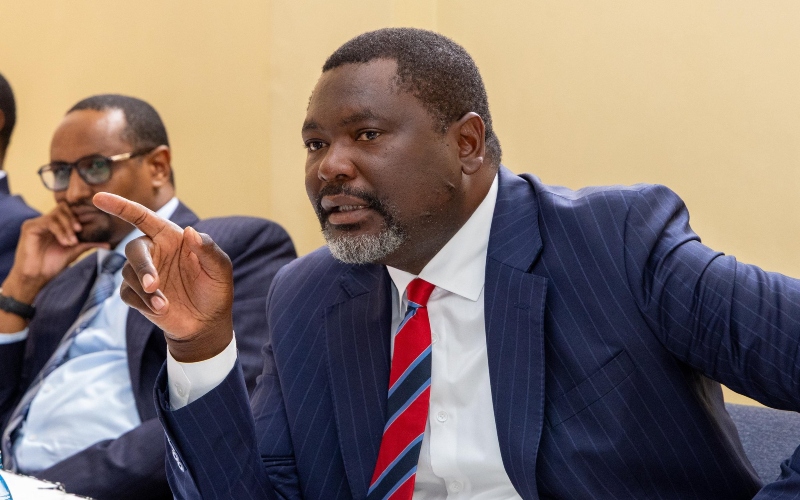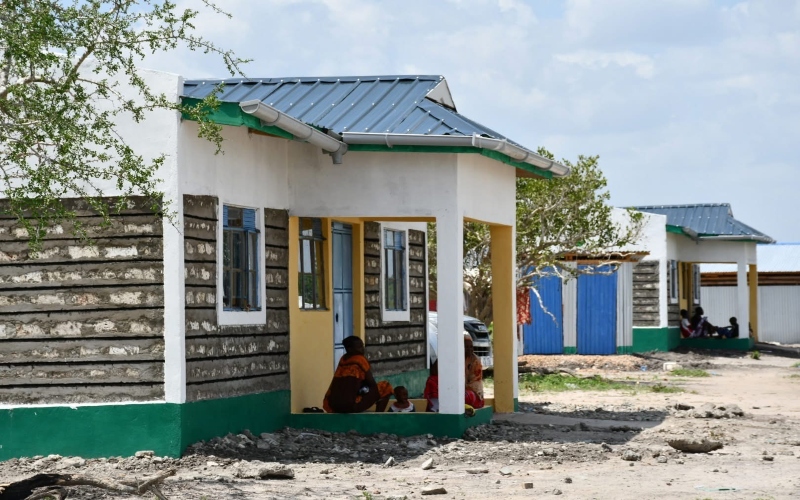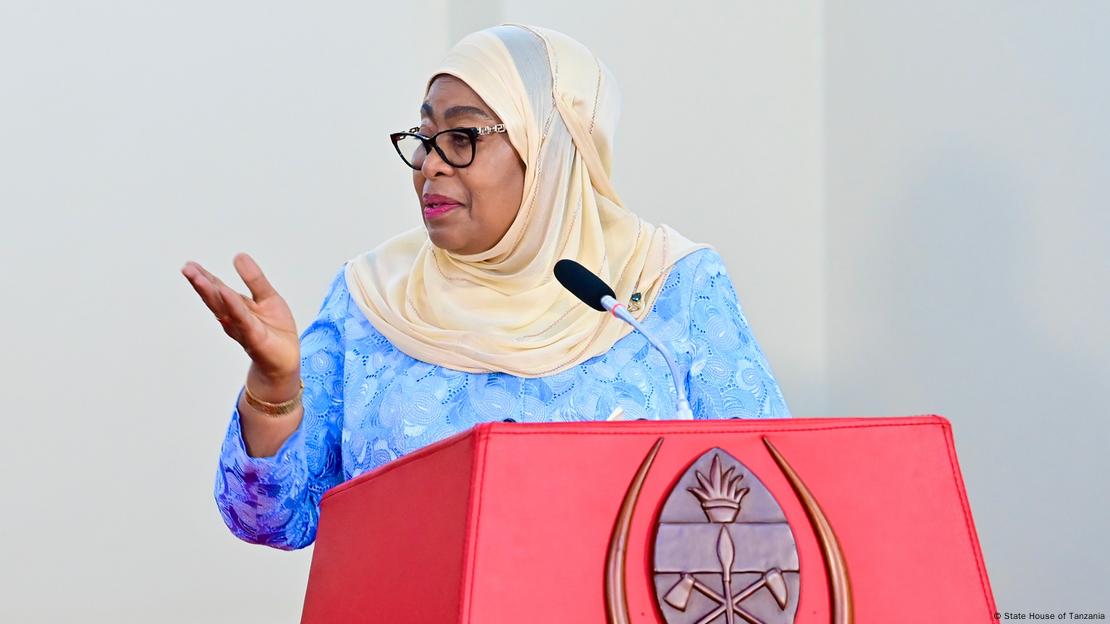National Assembly lifts seven-year ban on new power deals, paving way for local generation

The Cabinet had lifted the moratorium in 2023, but MPs reinstated it, saying they needed more time to review the current PPAS.
The National Assembly has lifted a seven-year freeze on new power purchase agreements (PPAs), ending a moratorium that had stalled local electricity generation since 2018.
The decision comes after years of debate, during which some MPs opposed lifting the ban, citing concerns over transparency and protections for taxpayers.
More To Read
- Power producers warn of costly PPAs as Parliament lifts seven-year moratorium
- Ruto unveils plan to add 10,000 MW to Kenya’s power grid in next seven years
- Kenya Power awards Sh3.5 billion in tenders to youth, women and PWDs
- Kenya Power fast‑tracks talks with 54 producers after Parliament lifts freeze on PPAs
- MPs grill KenGen boss over hiring breaches, Sh5.3 billion asset transfer
- CS Wandayi, senators clash over county wayleave fees in Energy Bill debate
During a Wednesday evening session, MPs adopted the Energy Committee’s proposal to lift the freeze.
The moratorium was initially imposed following recommendations by the Presidential Task Force on the Review of Power Purchase Agreements, appointed by former President Uhuru Kenyatta through Gazette Notice No 3076 on March 29, 2021 and led by John Ngumi.
The task force was established to review existing PPAs amid concerns over high costs charged by private power producers.
Since the freeze, Kenya has struggled to expand local generation capacity, forcing the country to rely heavily on electricity imports from Ethiopia and Uganda. While imports have helped avert widespread outages, power rationing has persisted, particularly in western Kenya, with President William Ruto recently confirming scheduled supply cuts during peak hours.
The freeze led to a stagnation in new local power generation capacity, increasing Kenya's reliance on expensive imports amid cases of power rationing, a scenario that Kenya Power and the Ministry of Energy have warned is risky.
Kenya Power CEO Joseph Siror and the Ministry of Energy had pleaded with MPs to lift the freeze and allow new plants to be onboarded, and lift local generation of electricity.
Dr Siror had said that Kenya could be exposed if a major drought hurt hydropower generation in Ethiopia and Uganda.
MPs have, however, placed new conditions for the new PPAs, such as capping wholesale prices at $0.07 (Sh9.04 at current exchange rates) per kWh, besides allowing the deals to be denominated either in Kenya shillings or dollars.
Capping of the wholesale prices is key to lowering the cost of consumers, thus easing operational costs on businesses and power bills on households.
The Cabinet had lifted the moratorium in 2023, but MPs reinstated it, saying they needed more time to review the current PPAS.
Kenya Power has been forced to ration electricity mostly in western Kenya amid a fast-rising demand, even as the country deepens its reliance on Ethiopia and Uganda to shore up its electricity supply.
The share of imported electricity in the national grid more than doubled to 10.6 per cent or 1.53 billion kilowatt-hours (kWh) in the year ended June 2025, up from 4.87 per cent in June 2024 and one per cent in 2021.
However, the increased imports have failed to completely avert rationing, with President William Ruto recently admitting that Kenya Power is now cutting off electricity supply to some areas between 5:00 pm and 10:00 pm due to supply shortfall.
Other Topics To Read
Majority Leader Kimani Ichung’wah welcomed the move, saying it fulfils promises to the private sector and strengthens Kenya’s energy security.
"As leaders, we have a responsibility to adopt this addendum. As we promised the private sector, we are now addressing the matter," said Majority Leader Kimani Ichung'wah on Wednesday evening.
Meanwhile, Trade CS Lee Kinyajui has also welcomed the move, saying it marks a significant shift in Kenya's energy landscape.
"For years, high electricity costs and frequent outages have been major concerns for local and international investors. With wholesale prices now at $0.07 (Sh9.04) per kWh, the move is expected to boost generation capacity, reduce outages, and stabilise tariffs, a welcome development for businesses and Kenya’s investment competitiveness," he said.
Top Stories Today













































